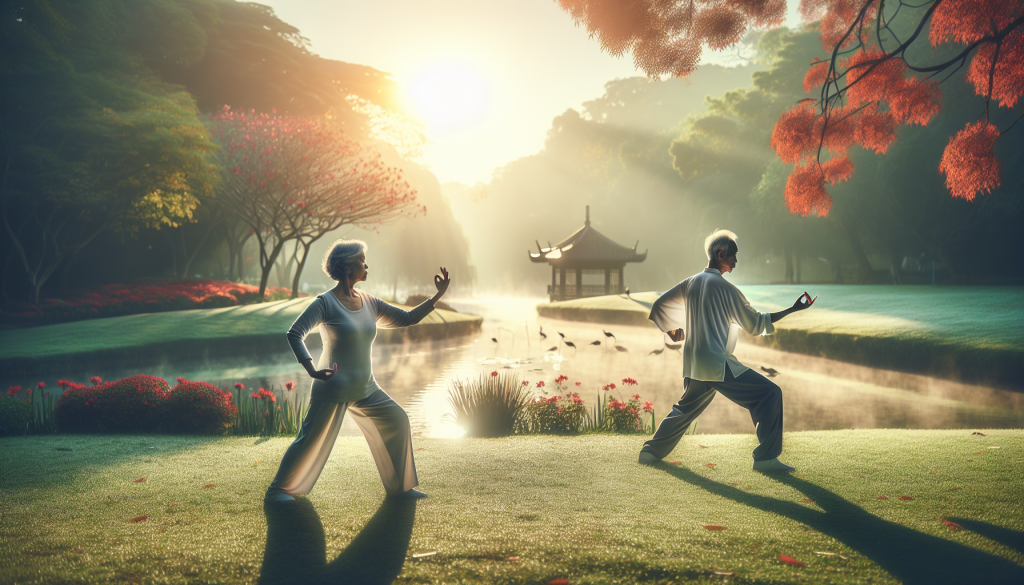
Steady as She Goes: Mastering Balance in Later Life
Steady as She Goes: Mastering Balance in Later Life
As we age, it becomes increasingly important to pay attention to our physical and mental balance. Not only does this help prevent falls and injuries, but it also allows us to maintain our independence and enjoy life to the fullest. In this article, we will explore the concept of balance in later life and how we can master it for a steady and fulfilling future.
The Importance of Balance
Balance is a vital aspect of our overall well-being. It is the ability to maintain control and stability while standing, walking, or performing daily activities. As we age, our balance naturally declines due to changes in our body’s sensory systems and muscles. This is why mastering balance becomes crucial in later life.
Furthermore, according to the National Council on Aging, falls are the leading cause of injury among older adults and can have serious consequences. In addition to physical injuries, falls can also result in fear and loss of confidence, leading to a decline in overall quality of life. By focusing on balance, we can prevent falls and maintain our independence and vitality well into our golden years.
Mastering Balance in Later Life
It’s never too late to work on our balance. Incorporating simple exercises and lifestyle changes can go a long way in improving our physical and mental balance. Here are some tips to get started:
- Stay active: Regular physical activity, such as walking, dancing, or yoga, can improve strength, flexibility, and balance. Find an activity that you enjoy and make it a part of your routine.
- Strengthen your core: Core muscles in our abdomen, hips, and lower back play a significant role in maintaining balance. Simple exercises like planks and crunches can help strengthen these muscles.
- Focus on posture: Good posture is crucial for balance. Keep your spine straight and shoulders relaxed while standing or walking.
- Use assistive devices: If you have difficulty with balance, using assistive devices like canes or walkers can provide added stability and prevent falls.
- Practice mindfulness: Our mental state also plays a role in our physical balance. Mindfulness practices like meditation and deep breathing can help improve our focus and concentration, leading to better physical balance.
Other Factors to Consider
In addition to physical and mental aspects, our environment also plays a role in maintaining balance. Here are some factors to consider:
- Lighting: Make sure your home is well-lit, especially in areas like stairways and hallways, to prevent falls.
- Remove hazards: Keep your home free of clutter and potentially hazardous items to reduce the risk of falls.
- Wear appropriate footwear: Make sure your shoes fit well and have good grip to prevent slips and falls.
- Get regular check-ups: Certain medical conditions and medications can affect our balance. It’s essential to get regular check-ups to catch any potential issues early on.
In Conclusion
Mastering balance in later life is crucial for maintaining our independence and enjoying a fulfilling and active lifestyle. By incorporating simple exercises, lifestyle changes, and considering our environment, we can improve our physical and mental balance and prevent falls. Remember, it’s never too late to start working on your balance, so start today and enjoy a steady and vibrant future ahead.